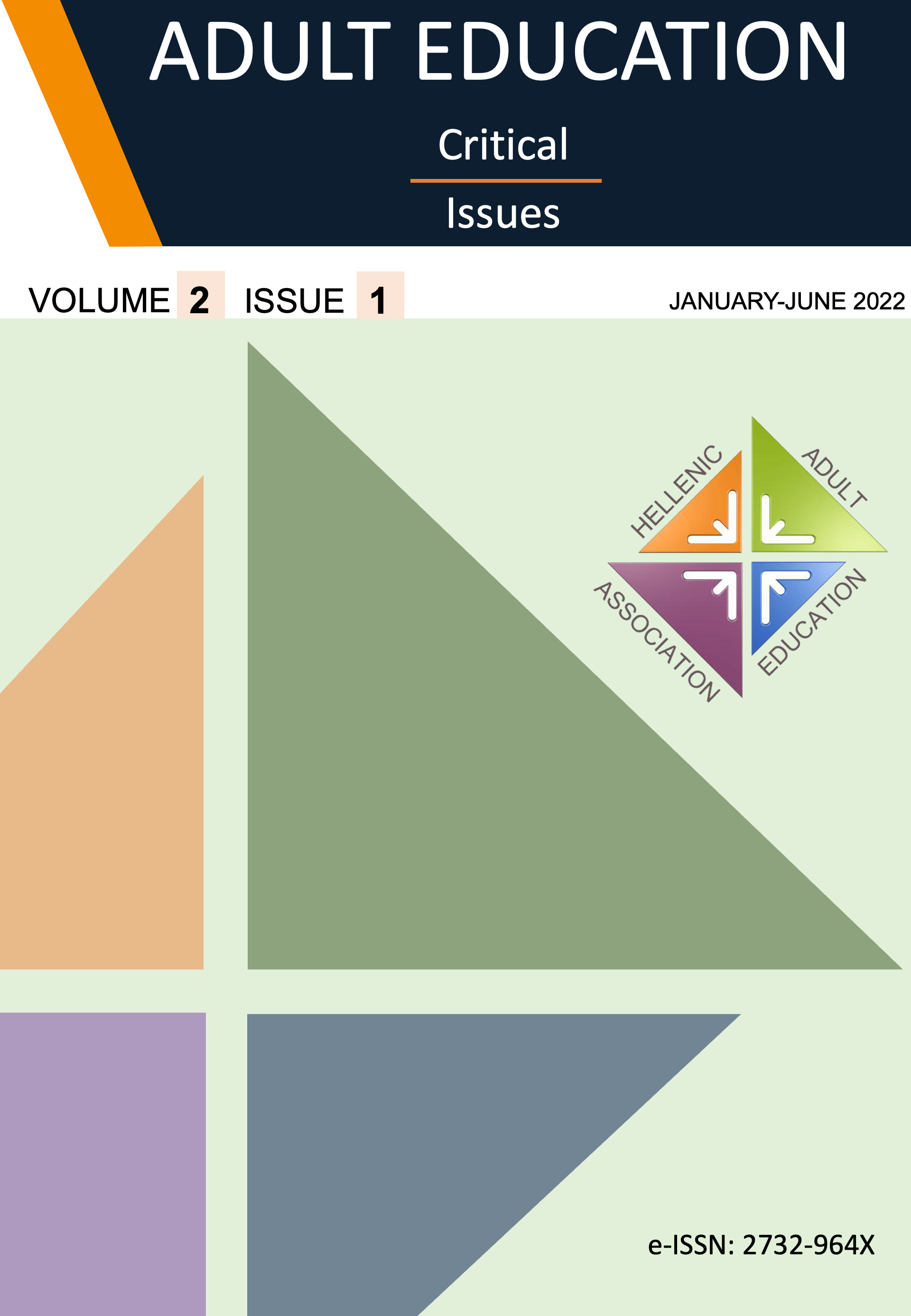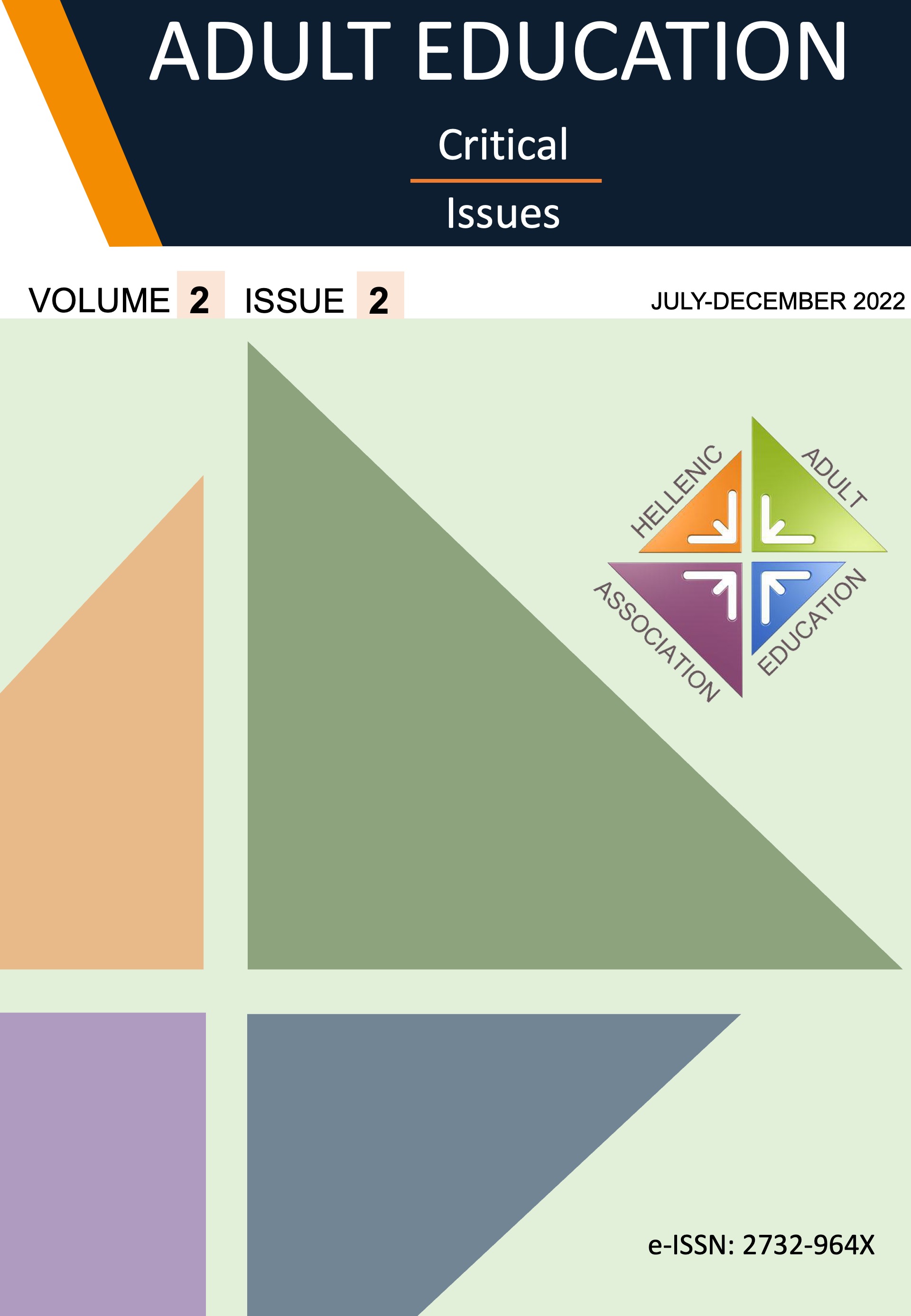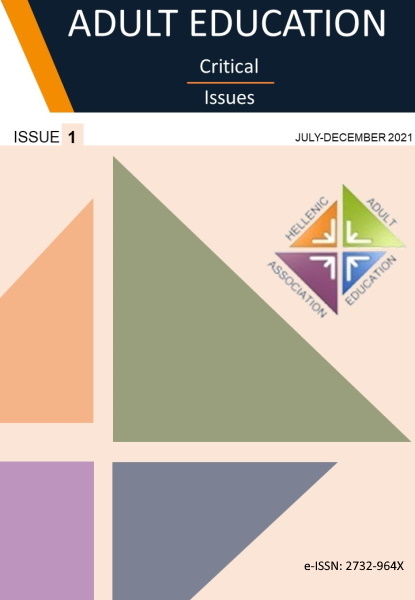Larissa – Learning City: From Local Learning to Global Actions

Abstract
Covid-19 demonstrates the vulnerabilities of living in close proximity to others and we ask this question: What kind of city would enhance the lives of all its citizens, including new arrivals? This question is at the center of attempts to bring adult and citizenship education to address community and social problems through a pedagogy of the city, in this case the City of Larissa. We explore the Learning City – its concept, goals and reality; the cultural and educational obstacles the project faces and the actions and tasks facing Larissa - Learning City. UNESCO provides the framework, resources and support for the Learning City project. It is planned as an exercise in democracy and citizenship which is the version of lifelong learning proposed by the Municipality of Larissa the local lead agency for this venture. The rationale for the project is built on the Freire inspired idea that the local is the starting point for addressing global issues.
Article Details
- How to Cite
-
Deligiannis, D., Kokkos, A., & Fleming, T. (2022). Larissa – Learning City: From Local Learning to Global Actions. Adult Education Critical Issues, 2(1), 20–32. https://doi.org/10.12681/aeci.30772
- Section
- Articles

This work is licensed under a Creative Commons Attribution 4.0 International License.
Authors who publish with this journal agree to the following terms:
- Authors retain copyright and grant the journal right of first publication with the work simultaneously licensed under a Creative Commons Attribution License that allows others to share the work with an acknowledgement of the work's authorship and initial publication in this journal.
- Authors are able to enter into separate, additional contractual arrangements for the non-exclusive distribution of the journal's published version of the work (e.g., post it to an institutional repository or publish it in a book), with an acknowledgement of its initial publication in this journal.
- Authors are permitted and encouraged to post their work online (e.g., in institutional repositories or on their website) prior to and during the submission process, as it can lead to productive exchanges, as well as earlier and greater citation of published work (See The Effect of Open Access).





